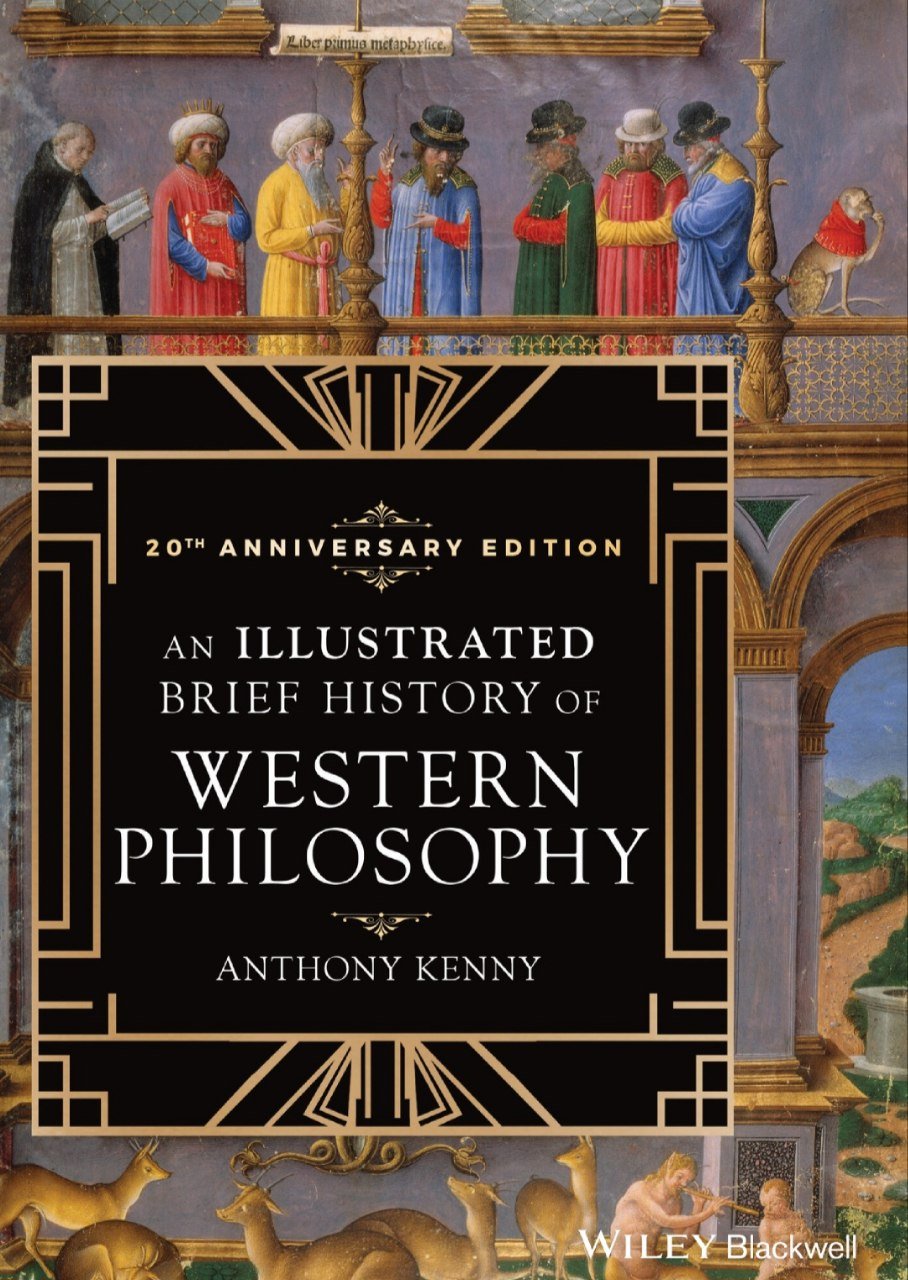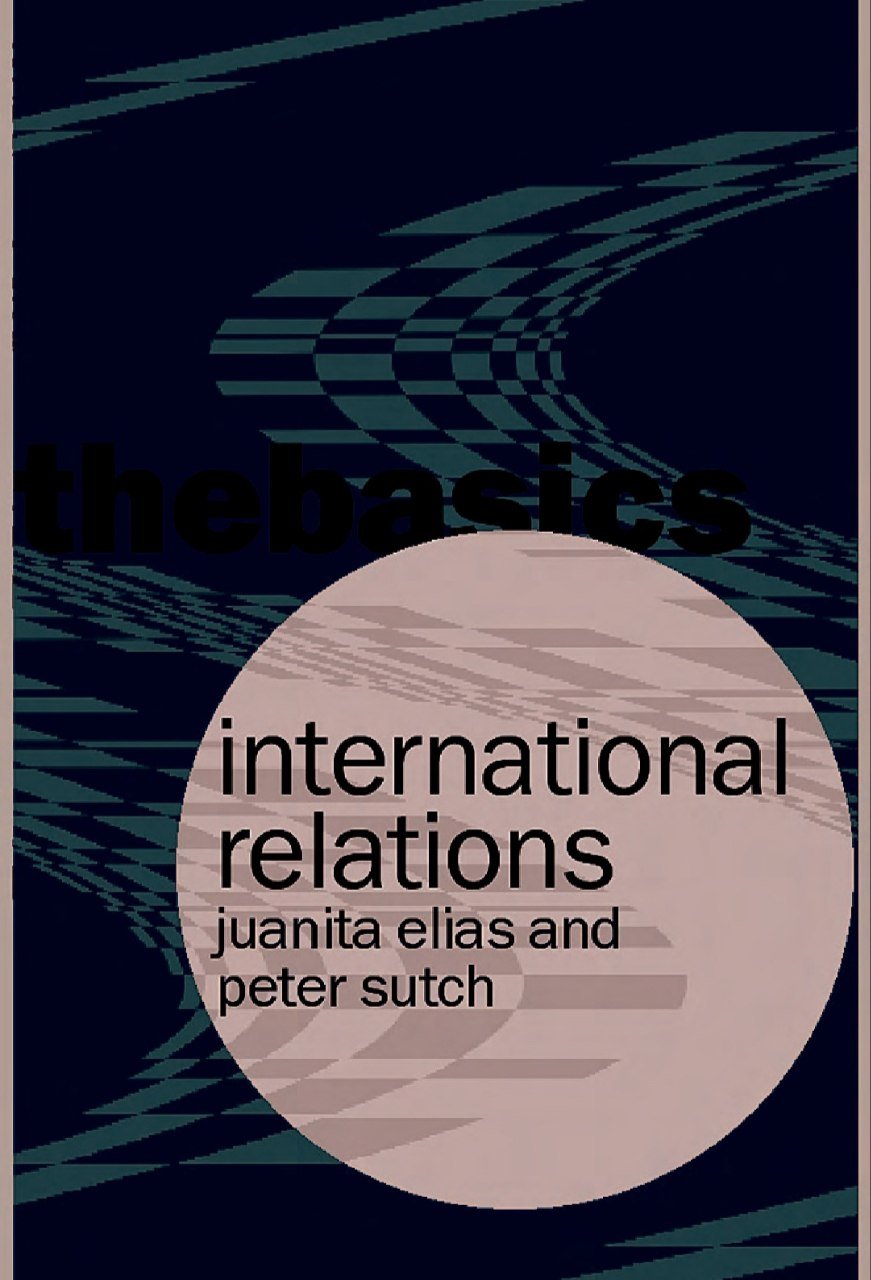

The Human Use of Human Beings
Reviews
No review yet. Be the first to review this book!
Description
The Human Use of Human Beings by Norbert Wiener is a seminal work in cybernetics, exploring the implications of automation, communication systems, and artificial intelligence on society. Originally published in 1950 and later revised, the book examines how feedback mechanisms, information theory, and machine learning shape human interactions, decision-making, and governance. Wiener, a pioneer of cybernetics, argues that the increasing reliance on machines and automated systems presents both opportunities and dangers. He envisions a future where humans and computers work together, but warns against the risks of technological control, loss of autonomy, and dehumanization. One of his key concerns is that society might become overly dependent on machines, leading to a world where human beings are treated as mere components in a larger system, rather than as individuals with agency. The book delves into ethical and philosophical questions about technology, particularly the impact of automation on labor, communication, and decision-making. Wiener highlights the potential for both liberation and oppression, stressing the importance of ensuring that technological progress serves humanity rather than enslaving it. His discussions on self-regulating systems, artificial intelligence, and digital communication were remarkably prescient, anticipating many contemporary debates about AI ethics, surveillance, and automation in the workplace. Ultimately, The Human Use of Human Beings is a profound reflection on the intersection of technology, ethics, and society. It remains a crucial text for those interested in artificial intelligence, cybernetics, digital ethics, and the philosophical implications of technological advancement.





















.jpg)
.jpg)












.jpg)



.jpeg)


.jpeg)














.jpg)
.jpeg)



.jpeg)
.png)

.jpg)




.jpg)



.jpeg)



.jpg)





.jpg)





















































